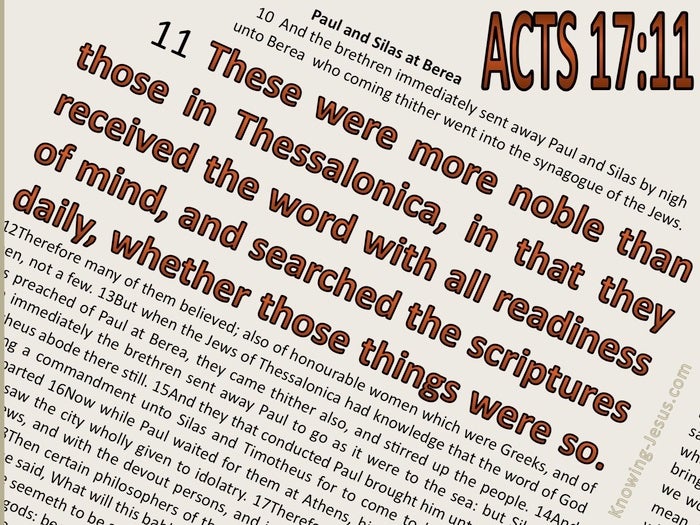
Celebrate Christmas? Yes or No- Origins of Christmas
Here is a concise list of reasons for not celebrating Christmas:
-
**Pagan Origins**
– Christmas is not based on Christian doctrine but rooted in pagan festivals such as Saturnalia and Yule.
– Scripture Reference: *No specific verse, but implies violation of Deuteronomy 12:30-31* (not adopting pagan practices).
-
***Not Commanded in the Bible*
– The Bible does not command the celebration of Christ’s birth.
– Scripture Reference: *No direct scripture commands Christmas observance* (e.g., Galatians 4:10-11, warning against observing certain days without God’s instruction).
-
**Jesus was Not Born on December 25th**
– The Bible does not support December 25th as Jesus’ birthday; this date is derived from pagan celebrations.
– Scripture Reference: *No specific date provided in scripture*. However, Jesus was born on the first day of the Feast of Tablernacles/Sukkot around September/October (more to come on this)
-
**Christmas Traditions Violate Biblical Principles**
– Customs such as the Christmas tree, gift-giving, and Santa Claus are based on idolatrous and commercialized traditions.
– Scripture Reference: Jeremiah 10:2-4 (against decorating trees like pagan customs).
-
**Materialism and Commercialization**
– Modern Christmas emphasizes materialism, which contradicts the Bible’s teaching on modesty and avoiding greed.
– Scripture Reference: Matthew 6:19-21 (storing treasures in heaven, not on earth).
-
**False Worship**
– Christmas is viewed as a form of false worship, mixing paganism with Christianity.
– Scripture Reference: Exodus 32:1-35 (golden calf incident, showing God’s disapproval of mixing true worship with false practices).
-
**Christ’s Resurrection Celebrated, Not Birth**
– The New Testament places emphasis on Jesus’ death and resurrection, not His birth, as the focal point of faith.
– Scripture Reference: 1 Corinthians 11:24-26 (instituting the Lord’s Supper to remember His death).
This list provides reasons why not to celebrate Christmas, focusing on biblical principles and historical context.


